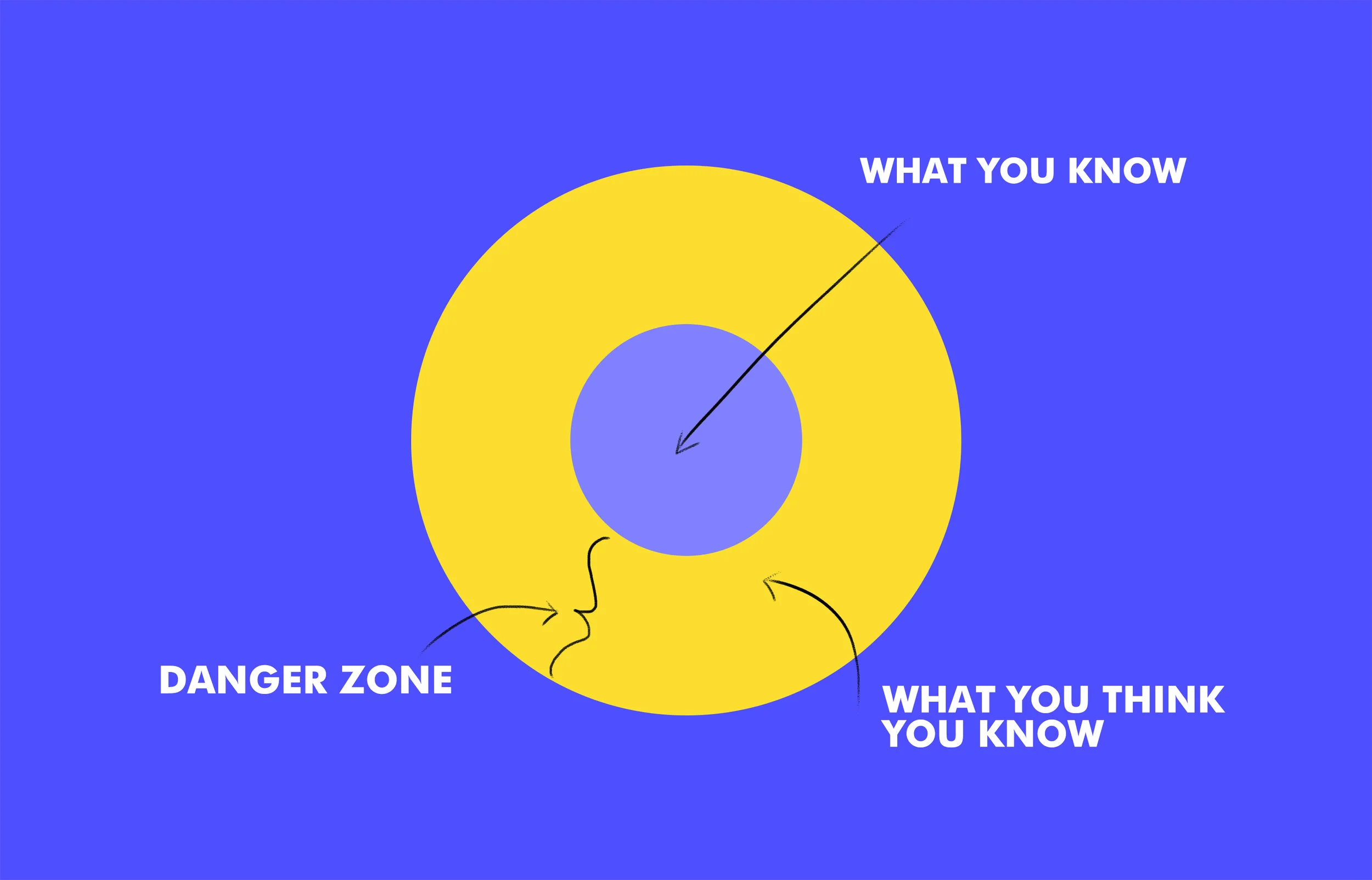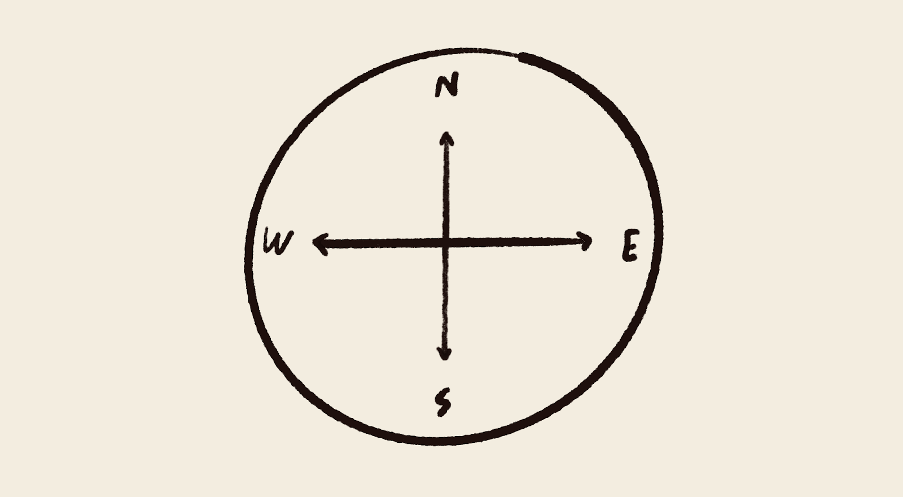What Is Your 'Circle of Competence'?
“I’m no genius. I’m smart in spots – but I stay around those spots.”
It would take you over 80,000 years to read all of the material in the British Library.
That’s obviously far more information than anyone could possibly take on board in a lifetime.
It is a mighty humbling fact.
As the august philosopher Aristotle once said, “The more you know, the more you know you don't know.”
So what can you do about it?
The main thing is to stop stressing and realise that not knowing the entirety of the world's information can be an advantage.
You see, we all have our own areas of specific knowledge.
They are the product of our unique upbringing, personal interests and career experience.
Warren Buffett, the billionaire investor, argues that it is here that we should ruthlessly focus our efforts.
Buffett first outlined his ‘circle of competence’ concept in one of his shareholder letters, designed to help investors better judge the quality of their investment decisions.
The idea is you don’t have to be an expert on every company. You just need to evaluate those companies that fall within your own 'circle of competence.'
He credits awareness of the limitations of his own knowledge as being fundamental to his extraordinary success.
Take a moment to think about how this might apply to your own life. Be honest with yourself about your own circle of competence.
Consider the following questions:
What exactly is my 'circle of competence'?
How can I use this particular knowledge to improve my position in life?
What am I currently wasting time on that sits outside my circle?
In summary, if you want to be more successful in life, define the perimeter of your circle and operate inside it.






